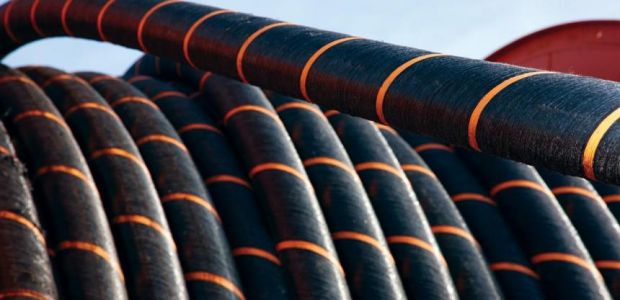Greece’s decision to proceed with the development of the Crete-Athens electricity grid interconnection as a national project through power grid operator IPTO’s special purpose vehicle Ariadne rather than as part of a wider Euroasia Interconnector project planned to link the Greek, Cypriot and Israeli grids has cast doubts over the future PCI status of Euroasia’s Crete-Cyprus and Cyprus-Israel segments.
Euroasia Interconnector, a consortium of Cypriot interests heading the wider project, will need the support of all parties involved if the Crete-Cyprus and Cyprus-Israel segments are to secure a place in the EU’s new PCI list, enabling favorable funding, when the updated list is published later this year, in autumn.
Though Greece’s energy ministry has yet to make its intentions clear, it faces pressure, especially from Cyprus, to support the continued PCI-status of the Crete-Cyprus and Cyprus-Israel segments as their development would end Cyprus’ electricity grid isolation.
Greece’s stance will most likely depend on Euroasia Interconnector’s moves and whether it will seek to obstruct the development of the Crete-Athens interconnection through legal procedures and other action.
Energy minister Giorgos Stathakis has suggested Greece’s support for the wider project’s PCI status would be conditional.
IPTO recently decided to remove the Crete-Athens segment from the wider Greece-Cyprus-Israel interconnection project as the operator was embroiled in a dispute with the Cypriot consortium over the local segment’s control.





